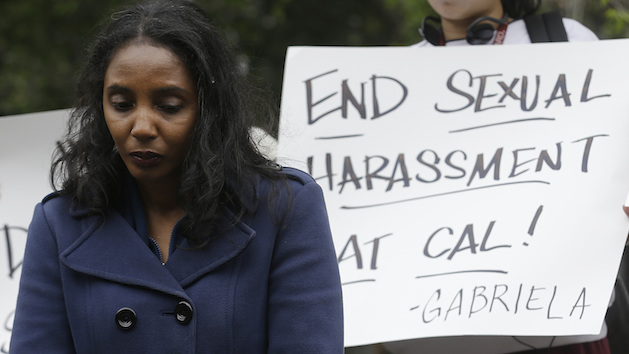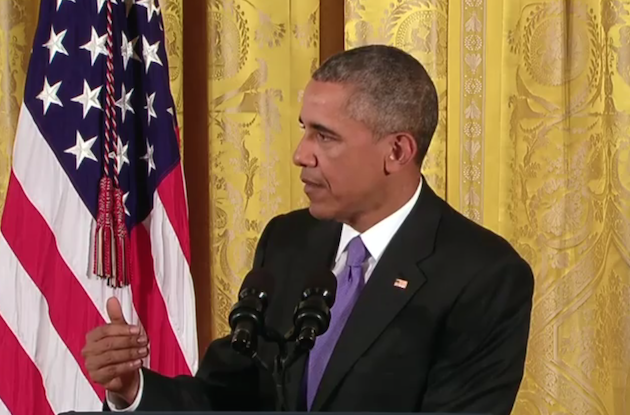
<a href="http://www.shutterstock.com/pic-272861114/stock-photo-drunk-woman-sleeping-on-bed-with-bottle-of-wine.html?src=dt_last_search-1">Piotr Marcinski</a>/Shutterstock
In Oklahoma, it’s legal to have oral sex with someone who’s completely unconscious, the state’s highest criminal court has ruled.
In a unanimous decision, the Oklahoma Court of Criminal Appeals found that a teenage boy was not guilty of forcible sodomy after having oral sex with a teenage girl who was so intoxicated after a night of drinking that she had to be carried to his car. “Forcible Sodomy cannot occur where a victim is so intoxicated as to be completely unconscious at the time of the sexual act of oral copulation,” the judges ruled on March 24. The decision was reported by the Guardian on Wednesday.
Local prosecutors were shocked, saying the court’s ruling perpetuated victim-blaming and antiquated ideas about rape. Benjamin Fu, assistant district attorney in Tulsa County, described the decision as “insane,” “dangerous,” and “offensive.”
But some legal experts note that Oklahoma’s forcible sodomy law only prohibits oral sex with someone who’s unable to provide consent because of mental illness or mental disability, not because of intoxication or unconsciousness. Therefore, they say, the court’s ruling was appropriate. The state has a separate rape law that protects victims who are too drunk to consent, but only in cases of vaginal or anal penetration, not oral sex. “We will not, in order to justify prosecution of a person for an offense, enlarge a statute beyond the fair meaning of its language,” the appeals court wrote.
The incident occurred in 2014 after the two high school students had been drinking and smoking marijuana with friends at a Tulsa park. The boy, who was 17 years old at the time, gave the 16-year-old girl a ride home; blood tests later showed her blood-alcohol level was .341, indicative of severe alcohol poisoning, Oklahoma Watch reported, citing court records. She was unconscious when he dropped her off at her grandmother’s house and taken to the hospital, where she woke up in the middle of an examination for sexual assault. The boy’s DNA was detected around her mouth. He claimed she had consented to have oral sex, but she says she can’t remember anything after leaving the park, the Guardian reports.
The court’s decision was an “unpublished opinion,” meaning it can’t be cited as legal precedent. But according to Fu, other defendants are asserting the same interpretation of Oklahoma law in a bid to avoid charges in similar cases.
“This is a call for the legislature to change the statute, which is entirely out of step with what other states have done in this area and what Oklahoma should do,” Michelle Anderson, the dean of the CUNY School of Law, told the Guardian. “It creates a huge loophole for sexual abuse that makes no sense.”
















